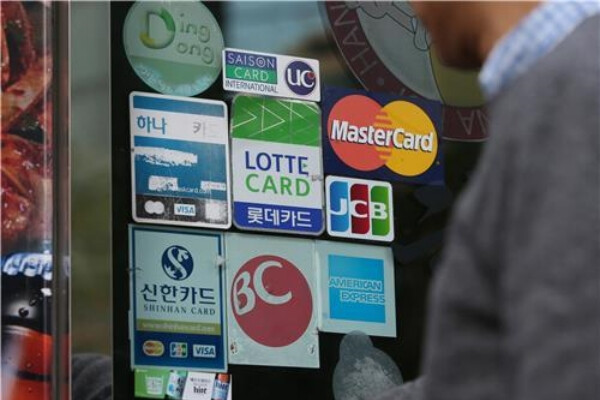
Due to the recent strengthening of household loan regulations, demand for card loans is focused, and card loan balances are rapidly increasing. At the same time, the delinquency rate of credit card companies and capital companies is rising, increasing the possibility of insolvency. In particular, for small and medium-sized capital companies, the risk has increased as they focus on high-risk real estate PF loans.
Currently, credit card companies and capital companies use adjusted capital ratios or leverage ratios, which do not accurately reflect risk, as indicators of capital adequacy. These indicators have the limitation that they do not accurately reflect the actual risk level because they do not apply risk weighting. For example, in the case of a credit card company with a sharp increase in card loan balances, the current capital ratio may be evaluated at a safe level, but in reality, there is a possibility that the risk has increased significantly.
Unlike banks, card companies and capital companies are not subject to risk-based capital regulations, so they lack incentives for risk management. This can lead to excessive risk taking in pursuit of profitability. Therefore, capital regulations reflecting risk weights should be introduced to card companies and capital companies, similar to banks.
By applying risk weighting, card companies and capital companies can accurately recognize the risks they face and expand capital accordingly, and prepare for losses by inducing loan loss reserves for high-risk assets. Soundness can be strengthened by reducing high-risk investments and encouraging the portfolio to be reorganized into safe assets. If risk aversion is strengthened, credit ratings can be improved and procurement costs can be reduced.
In a situation where the risk of female fraud is increasing along with the increase in card loans, the current capital regulations are no longer effective. Risk-based capital regulations should be introduced to strengthen risk management and increase the stability of the financial system. Through this, card companies and capital companies will lay the foundation for long-term growth, and consumers will be able to use safer financial services.
[Copyright (c) Global Economic Times. All Rights Reserved.]



























